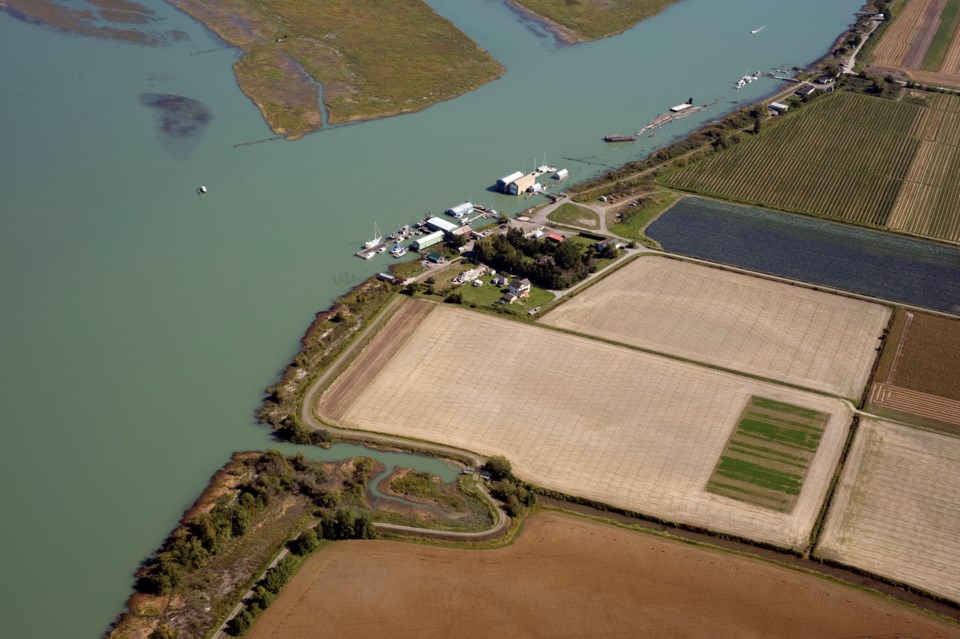Richmond is looking to update its management plan for the city’s agricultural land.
The Farming First Strategy, which will be discussed at Tuesday’s planning committee meeting, would replace the Agricultural Viability Strategy (AVS), which was created in 2003 to maintain the city’s agricultural areas.
The strategy focuses on addressing current and future issues in the farming industry, as well as maintaining the agricultural land base, environmental protection, agricultural infrastructure and economic viability, according to a city staff report.
It will also be used to raise public awareness about agriculture and food security.
The city held public consultation for the strategy in late 2019, and held additional online consultation in early 2020 in order to hear from more farmers. The Food Security and Agricultural Advisory Committee (FSAAC) has been working with the city on the new strategy since 2017.
The strategy, for example, would maintain the existing ALR boundary and establish agricultural buffers in areas that border non-agricultural lands, such as a buffer of at least 15 metres if a “significant development” was proposed in the adjacent land, according to the staff report.
It would also revise requirements for new farmers, which would allow them to use environmentally sensitive areas for agricultural uses, as long as they submit a farm plan produced by a professional agrologist. It would not apply to proposed residences.
The city would continue regular reporting on the status of Richmond’s agricultural land and ensure that agricultural production remains the primary use of the land. This would be done, for example, by continuing to ban concrete in greenhouses, according to the report.
When it comes to environmental concerns, the city would work with Metro Vancouver, the Agricultural Land Commission and B.C.’s Ministry of Agriculture to assess the long-term impacts of climate change on agriculture and develop a coordinated response.
In the report, city staff also ask council to endorse writing a letter to the ministry about agricultural issues identified through the strategy’s public consultation, that are under the province’s jurisdiction.



